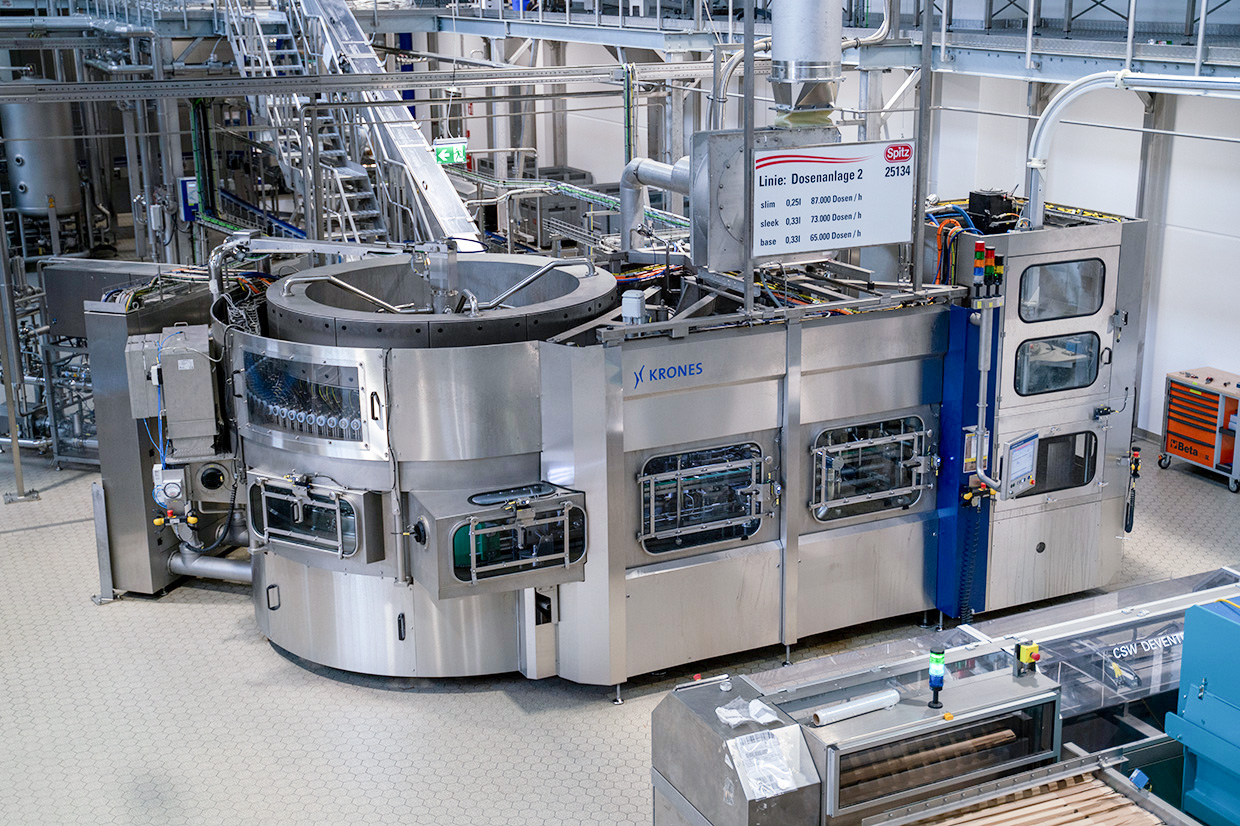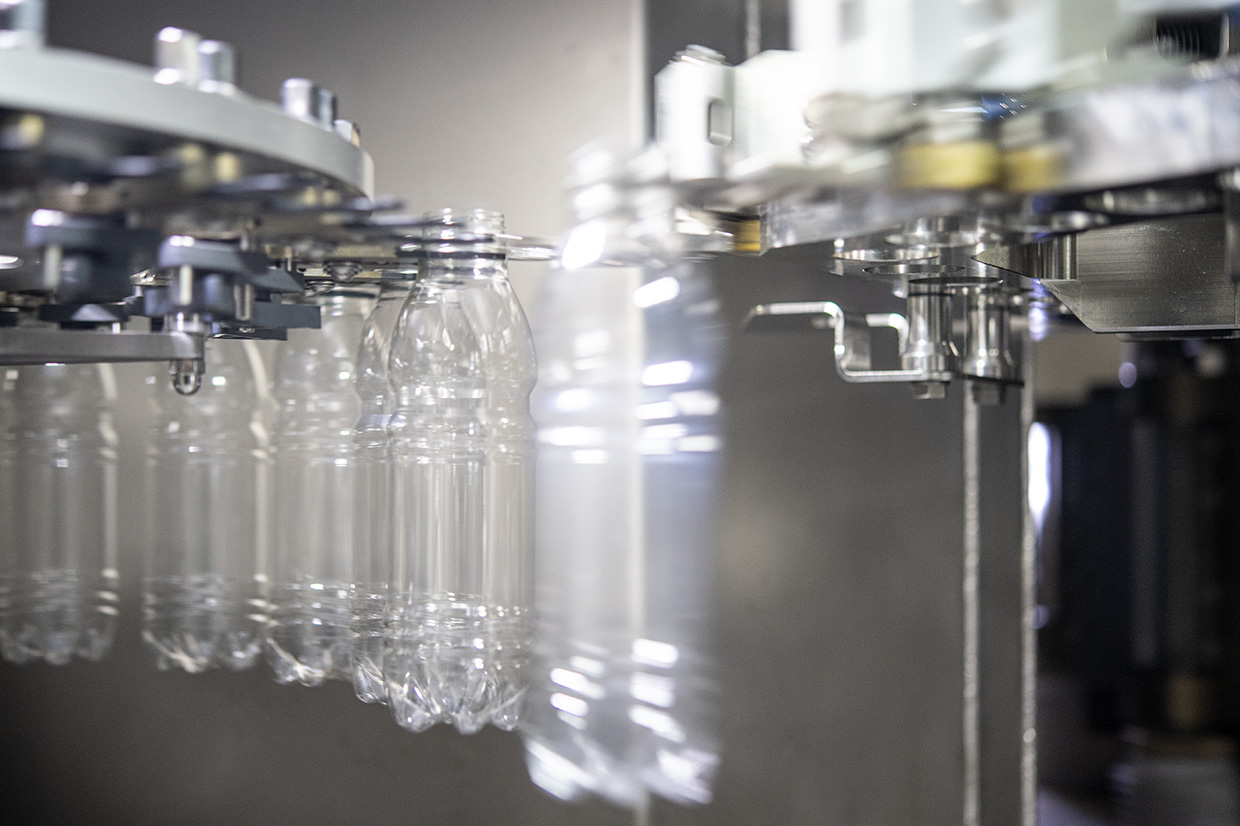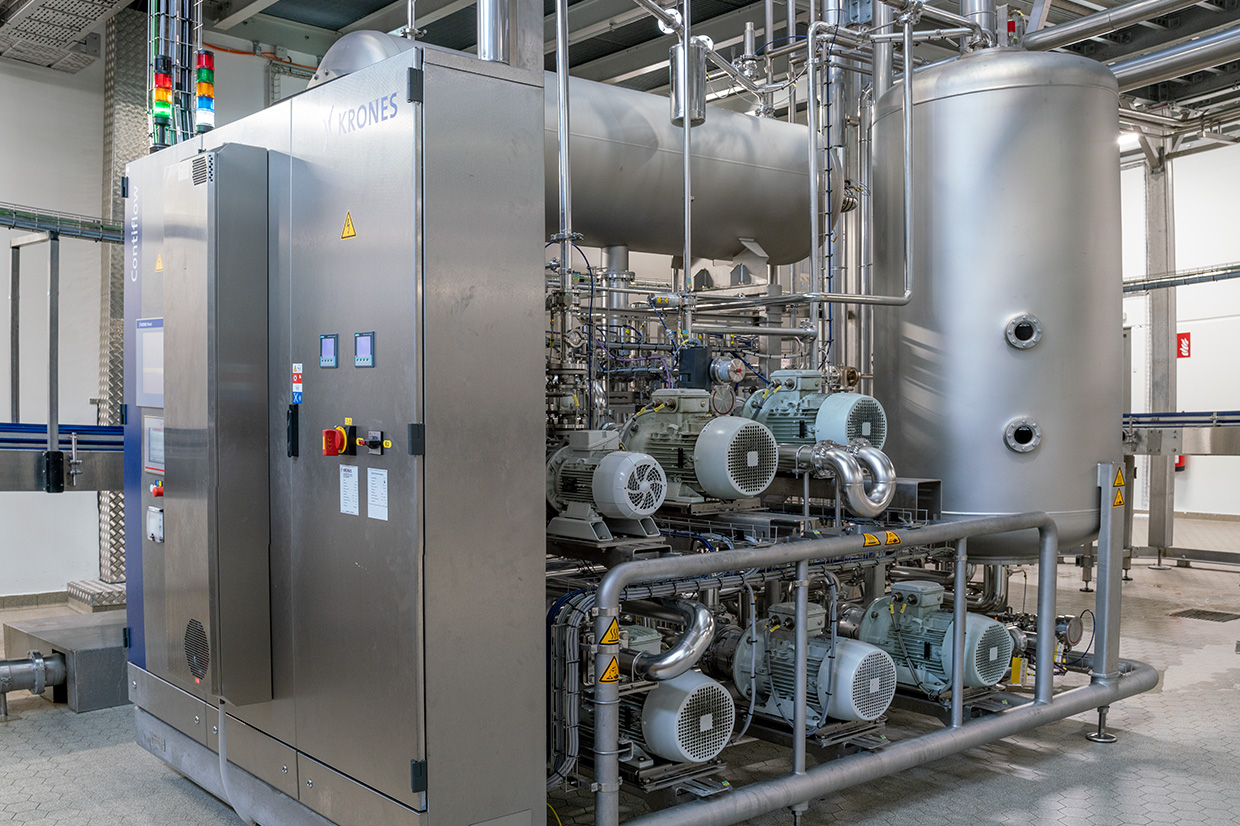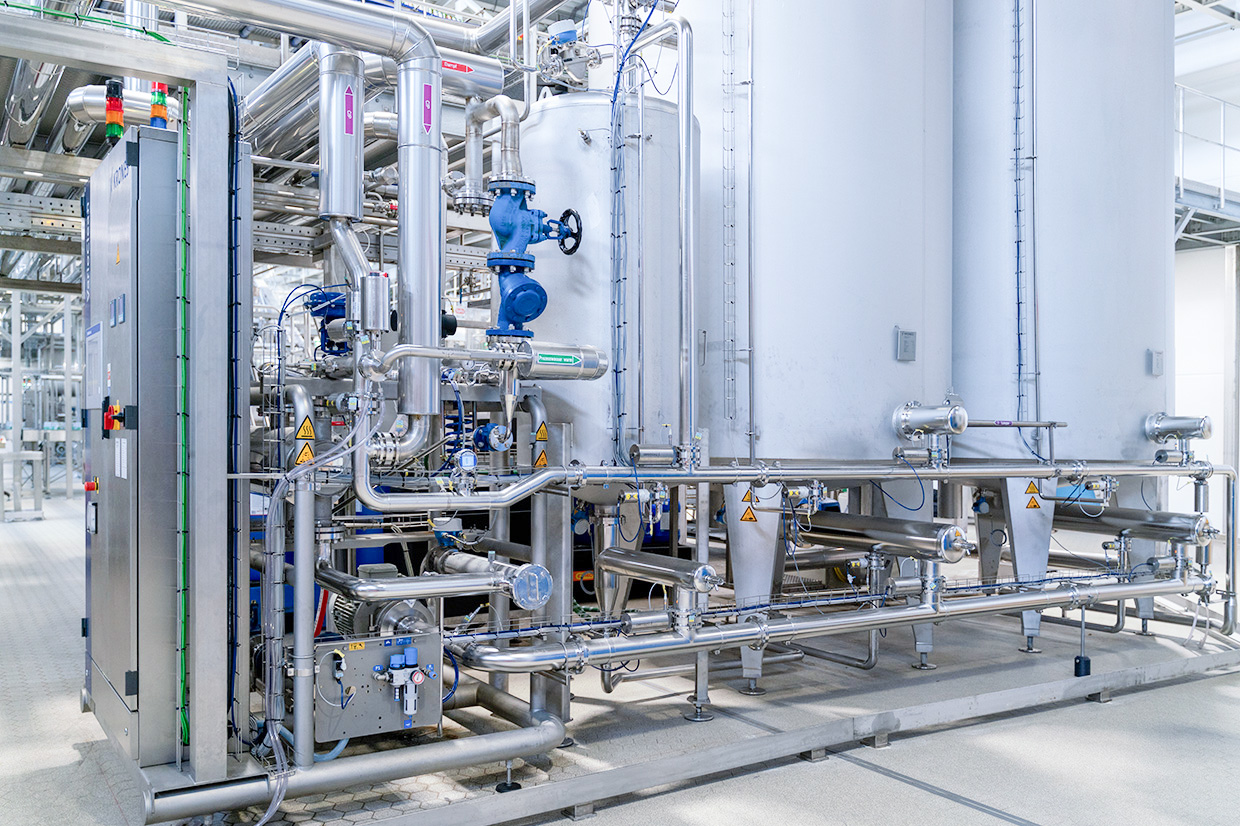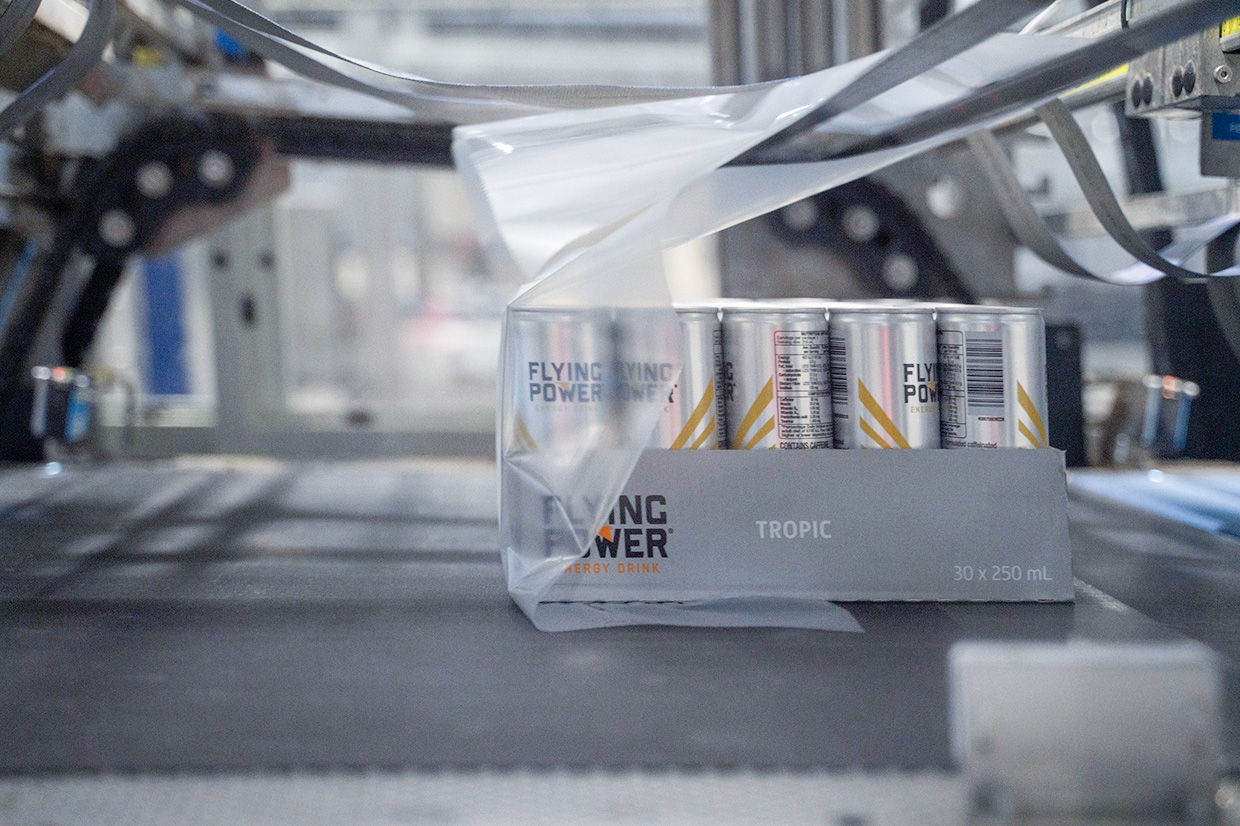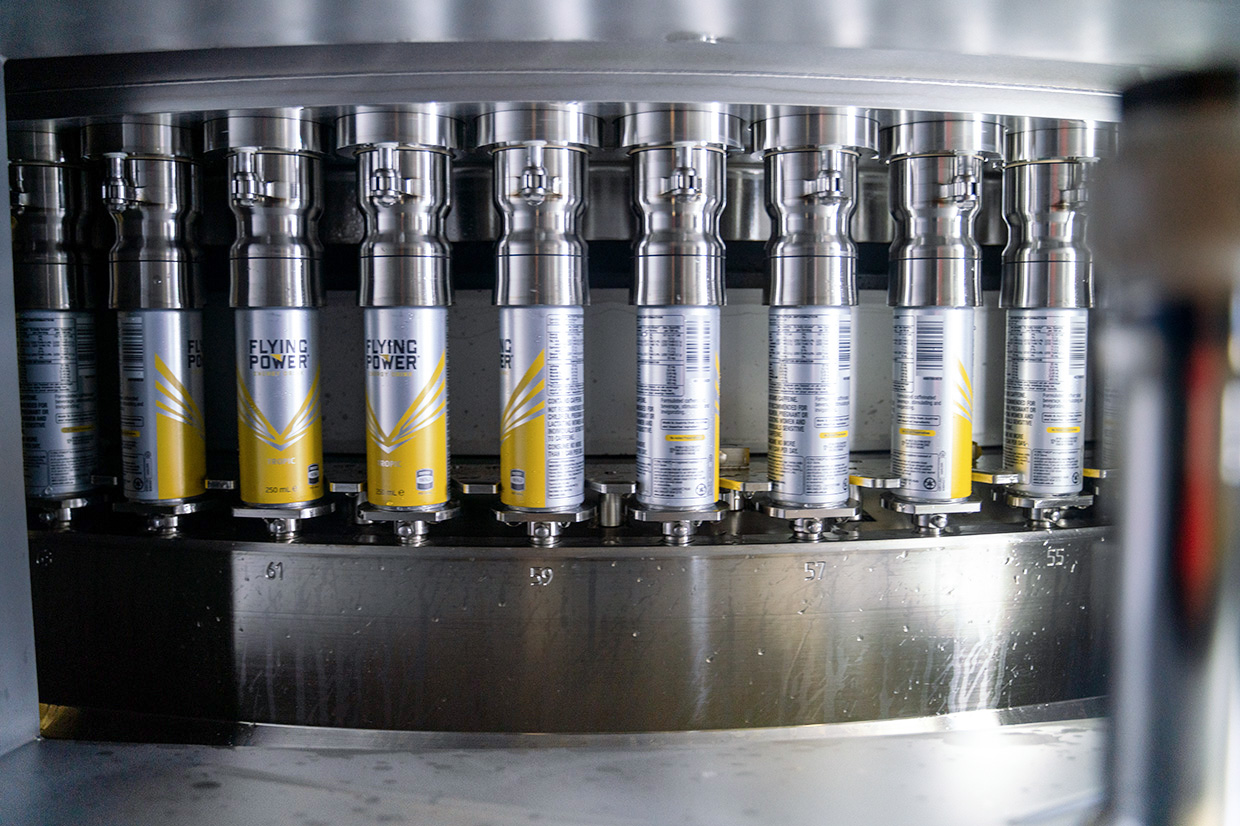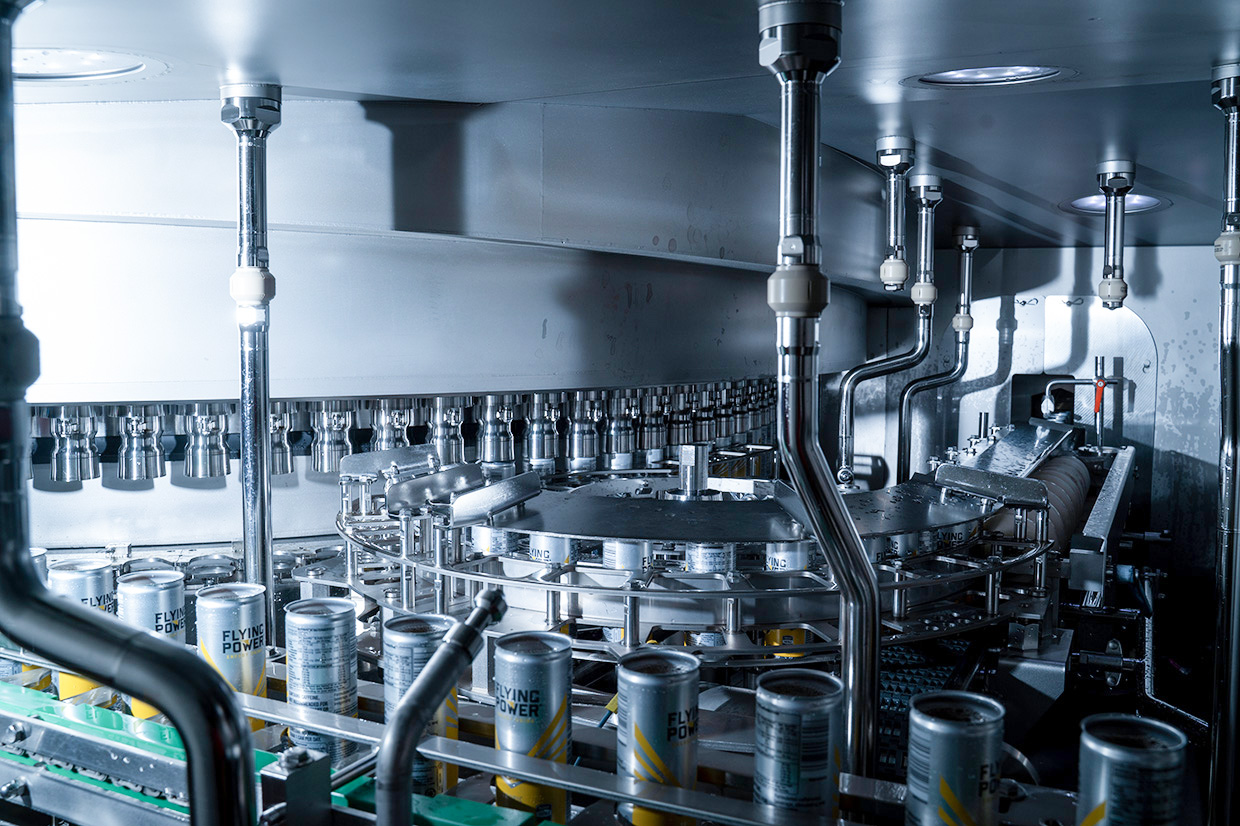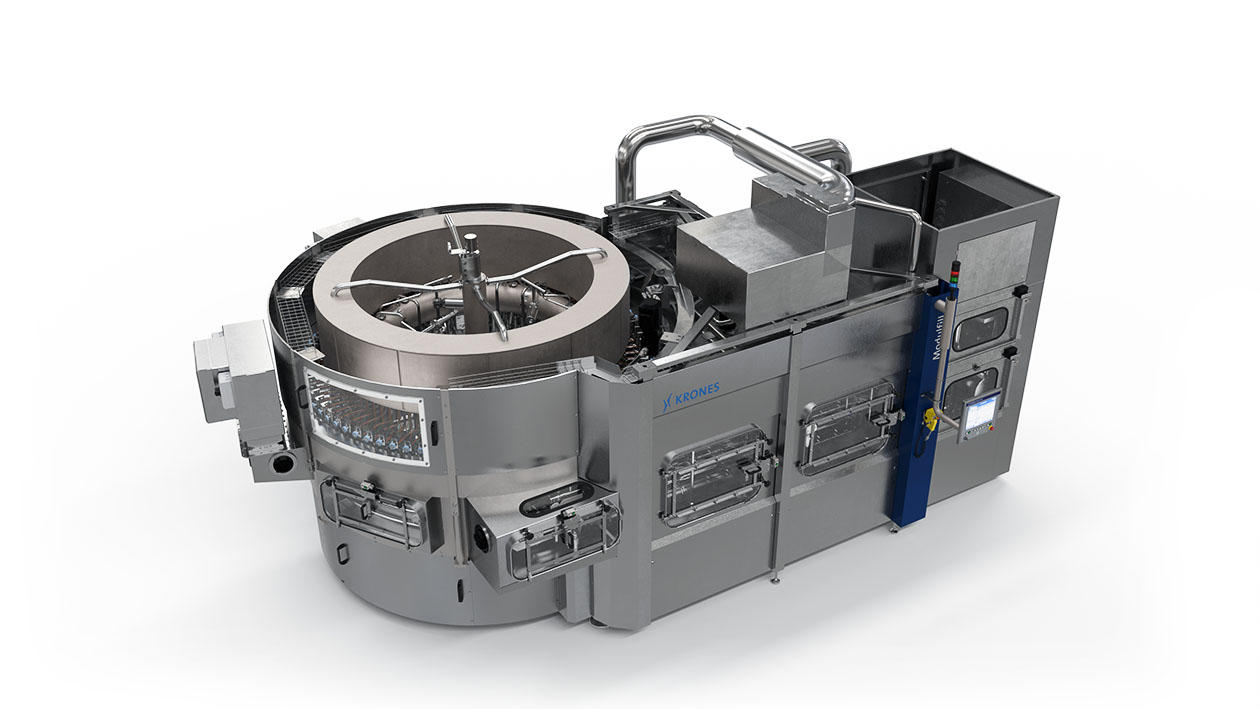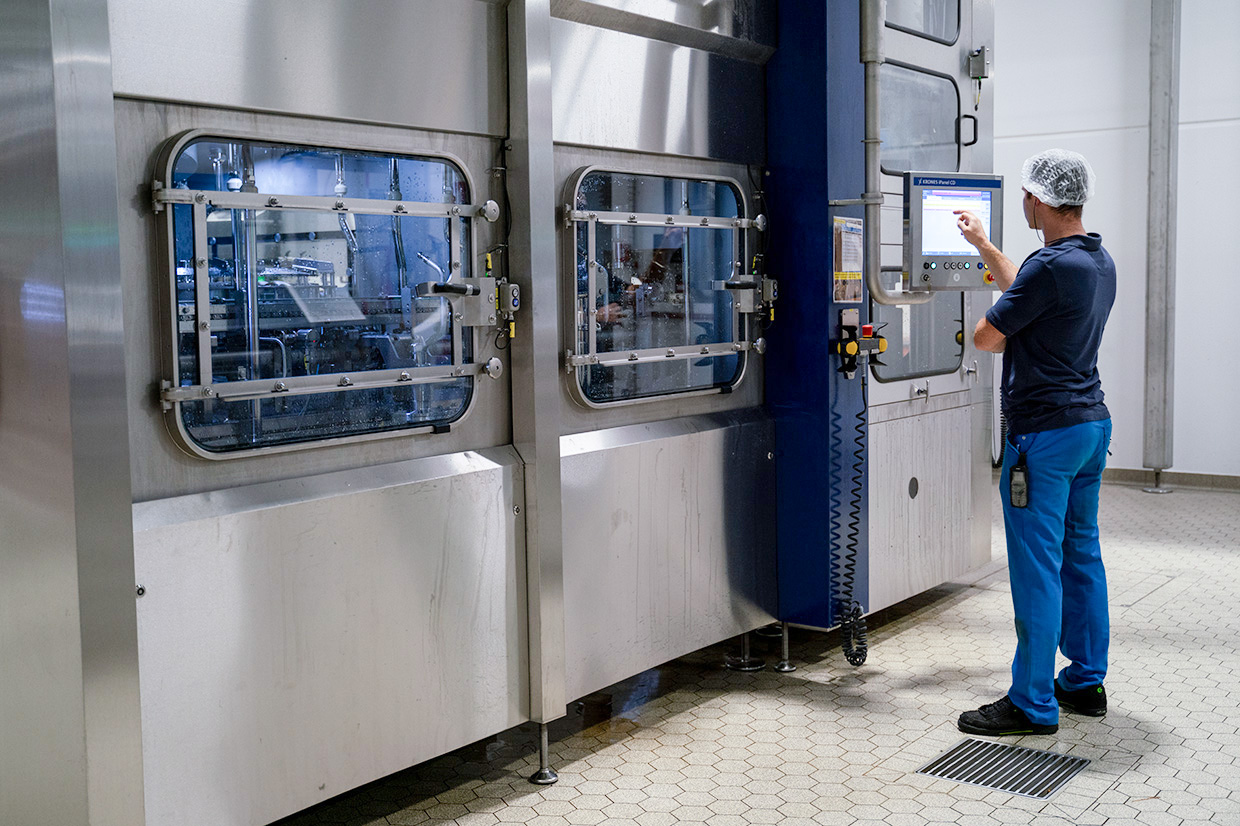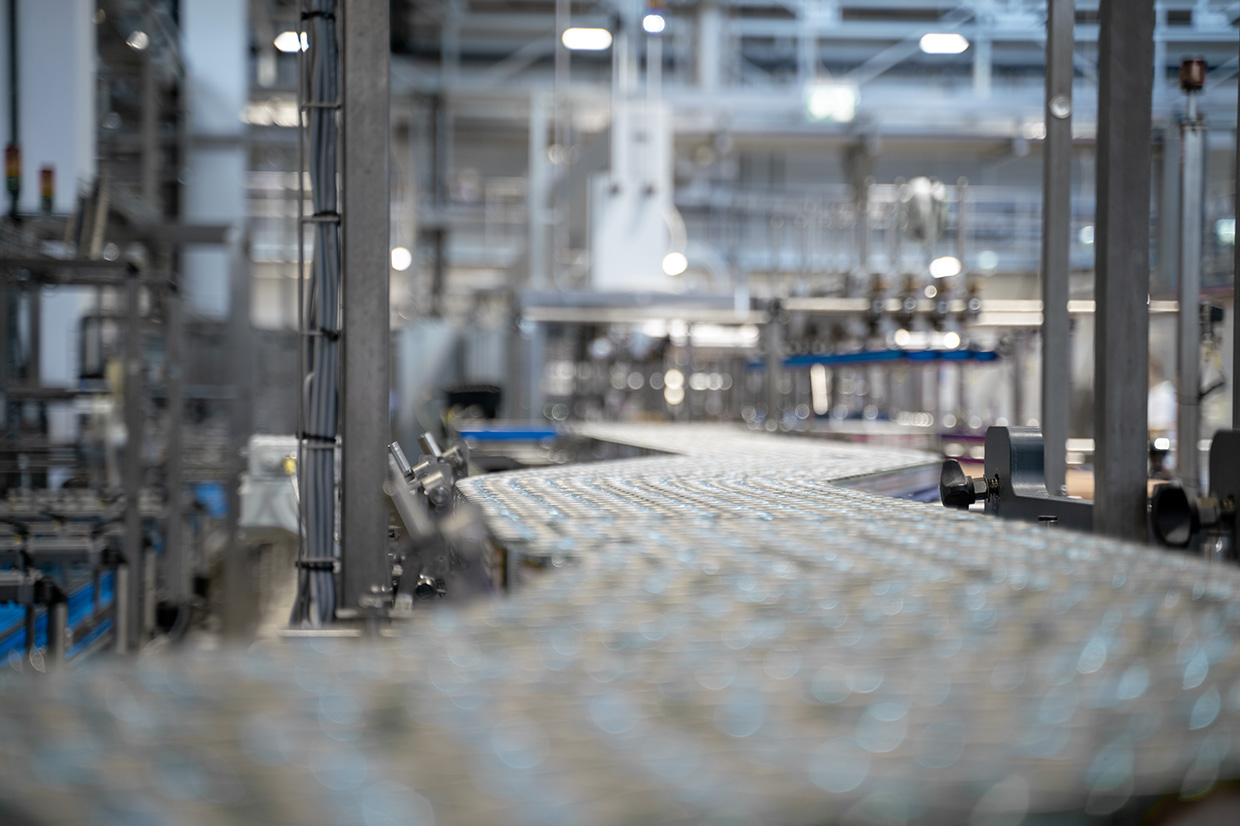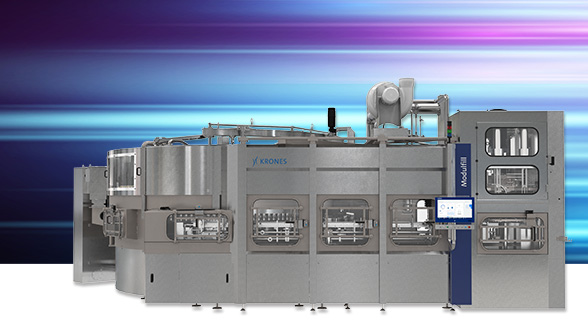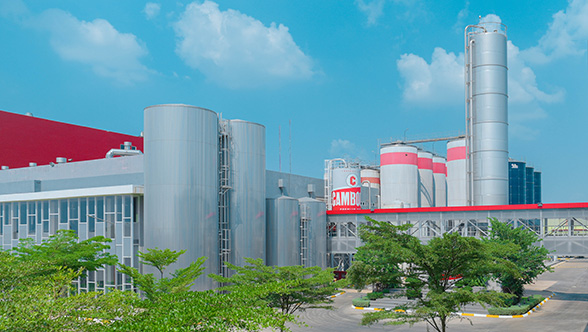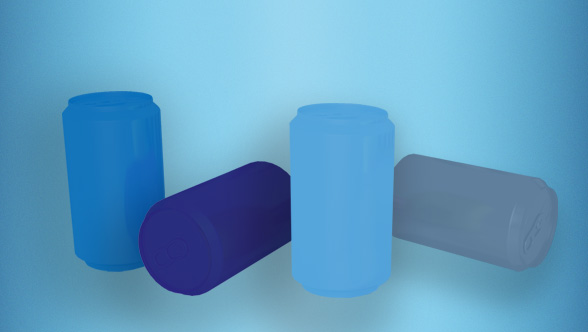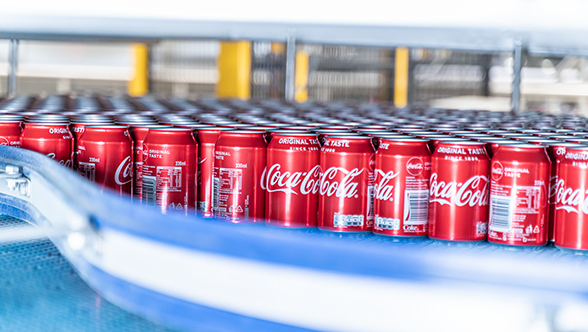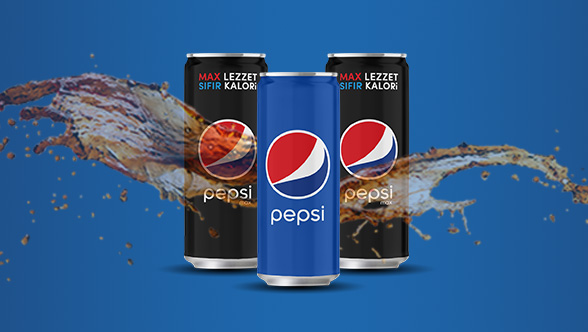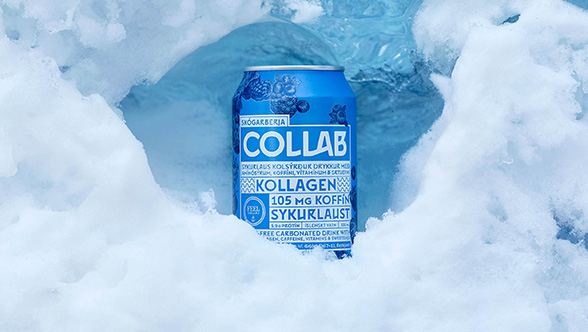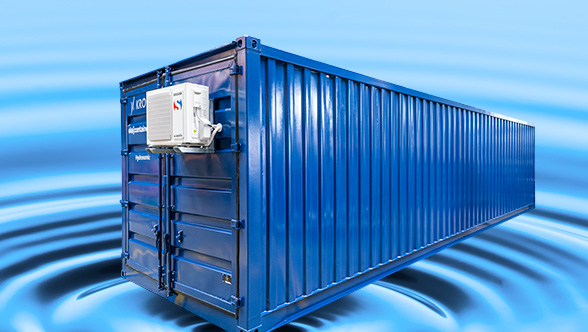One of Austria’s most versatile co-packers
The family-owned and operated company S. Spitz GmbH has over 1,000 products in its repertoire and can truly claim to be one of the biggest Austrian food and beverage makers. The group of companies serves three segments: beverages, confectionary and baked goods, and sweet and savory condiments like ketchup, mustard, and fruit spreads. Spitz has three production sites: its headquarters in Attnang-Puchheim, in Upper Austria, the Honigmayr honey factory in Tenneck, and the Gasteiner Mineralwasser mineral water bottling operation in Bad Gastein.
In the beverage segment, Spitz serves as a strong partner to industry, supporting products from development to store shelves. A central research and development department and a team of divisional product managers track developments on the beverage and raw materials markets, which the in-house development teams then use to create innovations or reverse engineer benchmark products. For the products themselves, Spitz has a great depth of value creation, which includes systems for producing juices and extracts and for brewing teas and coffees as well as 13 lines for beverage filling alone.

